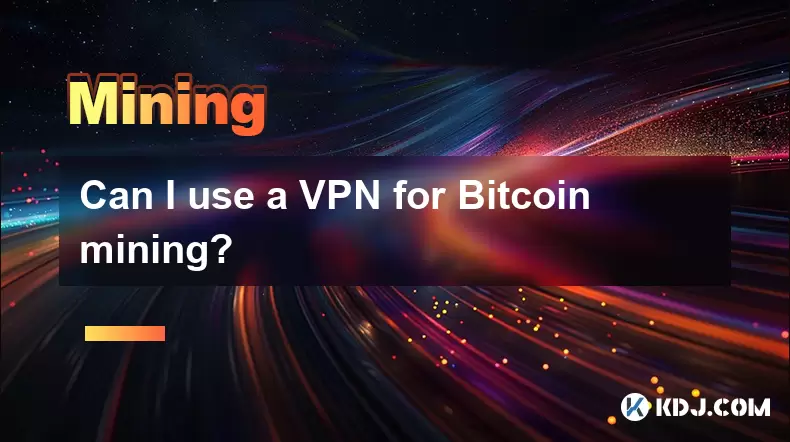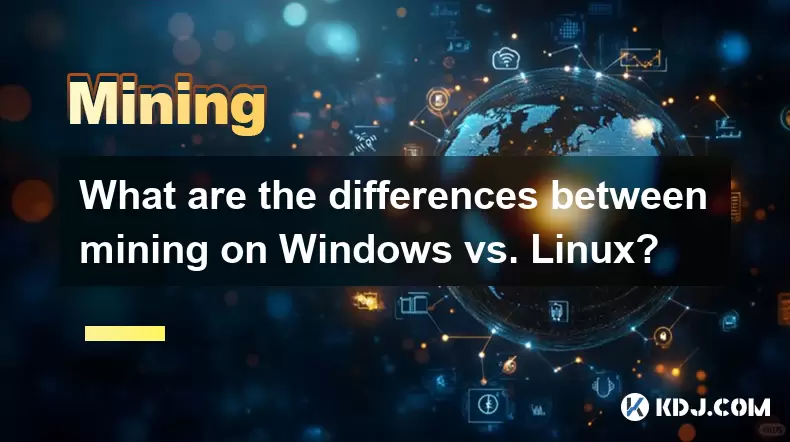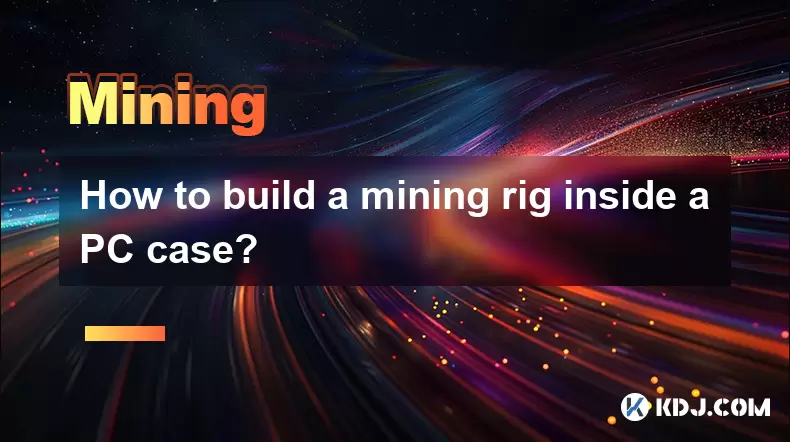-
 Bitcoin
Bitcoin $117500
2.15% -
 Ethereum
Ethereum $3911
6.19% -
 XRP
XRP $3.316
10.79% -
 Tether USDt
Tether USDt $1.000
0.01% -
 BNB
BNB $787.2
2.24% -
 Solana
Solana $175.2
4.15% -
 USDC
USDC $0.9999
0.00% -
 Dogecoin
Dogecoin $0.2225
8.40% -
 TRON
TRON $0.3383
0.28% -
 Cardano
Cardano $0.7868
6.02% -
 Stellar
Stellar $0.4382
9.34% -
 Hyperliquid
Hyperliquid $40.92
7.56% -
 Sui
Sui $3.764
7.63% -
 Chainlink
Chainlink $18.48
10.66% -
 Bitcoin Cash
Bitcoin Cash $582.1
1.88% -
 Hedera
Hedera $0.2601
6.30% -
 Avalanche
Avalanche $23.33
4.94% -
 Ethena USDe
Ethena USDe $1.001
0.02% -
 Litecoin
Litecoin $122.3
2.04% -
 UNUS SED LEO
UNUS SED LEO $8.969
-0.27% -
 Toncoin
Toncoin $3.339
0.86% -
 Shiba Inu
Shiba Inu $0.00001287
4.30% -
 Uniswap
Uniswap $10.43
7.38% -
 Polkadot
Polkadot $3.861
5.08% -
 Dai
Dai $1.000
0.02% -
 Bitget Token
Bitget Token $4.513
3.41% -
 Monero
Monero $267.7
-6.18% -
 Cronos
Cronos $0.1499
4.14% -
 Pepe
Pepe $0.00001110
5.15% -
 Aave
Aave $284.9
8.28%
Can I use a VPN for Bitcoin mining?
Using a VPN for Bitcoin mining can enhance privacy and bypass restrictions but may reduce profitability due to increased latency and bandwidth overhead.
Jul 13, 2025 at 07:21 pm

Understanding Bitcoin Mining and Network Requirements
Bitcoin mining involves solving complex cryptographic puzzles using specialized hardware, such as ASICs (Application-Specific Integrated Circuits), to validate transactions and secure the network. Miners must maintain a stable and fast internet connection to communicate with the blockchain network and pool servers. The network latency and bandwidth usage are critical factors that can affect mining efficiency. Any disruption or delay in communication between the miner and the pool server could result in reduced rewards due to rejected shares.
Miners often consider using a Virtual Private Network (VPN) for various reasons, including privacy, bypassing regional restrictions, or securing their internet traffic. However, the use of a VPN for Bitcoin mining introduces additional considerations regarding performance, connectivity, and security.
Potential Benefits of Using a VPN for Mining
Some miners may choose to use a VPN to hide their IP address, especially when connecting to public mining pools or services. This can help protect against potential DDoS attacks or unwanted attention from malicious actors who might target high-bandwidth devices like mining rigs. Additionally, certain regions impose restrictions on cryptocurrency-related activities. In such cases, a VPN can allow miners to bypass geo-blocks by connecting to a server located in a region where mining is permitted.
Another benefit is the ability to access mining pools or services that may not be available in your local jurisdiction. By routing traffic through a remote server via a VPN, you can appear to be located in a different country, enabling access to restricted platforms. This can be particularly useful for miners in countries with strict cryptocurrency regulations.
Performance Considerations When Using a VPN
While there are benefits, there are also significant performance trade-offs. A VPN adds an extra layer of encryption and rerouting, which can increase latency and reduce overall connection speed. Since Bitcoin mining requires constant communication with mining pools, even a small increase in ping time can lead to a higher number of stale or rejected shares. These rejected shares directly impact profitability.
- Increased Latency: Connecting to a remote server adds distance between your mining rig and the mining pool, increasing round-trip time.
- Bandwidth Overhead: Encryption and tunneling protocols used by VPNs consume additional bandwidth, potentially reducing the effective throughput.
- Server Location Matters: Choosing a VPN server close to your actual location or near the mining pool server can mitigate some performance issues.
To minimize these drawbacks, it's essential to select a high-speed, low-latency VPN provider that offers optimized servers for gaming or real-time applications. Avoid free or congested networks, as they tend to have slower speeds and unstable connections.
Security Implications of Mining Through a VPN
Using a VPN can enhance online security by encrypting all outgoing and incoming traffic. This protects your mining activity from being monitored by third parties, including Internet Service Providers (ISPs). Some ISPs may throttle or restrict bandwidth for known mining traffic, so a VPN can prevent such interference.
However, it's crucial to ensure that the VPN service itself is trustworthy. Not all providers offer the same level of privacy and security. Look for no-log policies, strong encryption standards (such as AES-256), and support for protocols like OpenVPN or WireGuard. Avoid using free or unverified VPNs, as they may collect and sell user data or inject malware into the network.
Additionally, if you're running multiple mining rigs or managing a mining farm remotely, using a dedicated private network or VPS with built-in encryption might be more efficient than relying on consumer-grade VPNs.
Technical Setup: How to Configure a VPN for Mining Rigs
Setting up a VPN for Bitcoin mining depends on the operating system used by your mining rig. Most mining software runs on Linux-based systems or Windows, and configuring a VPN connection typically involves the following steps:
- Choose a Reliable VPN Provider: Select a VPN that supports Linux or Windows clients and has servers in locations close to major mining pools.
- Install the VPN Client: For Linux-based mining OS like HiveOS or SimpleMining, install the OpenVPN client or use built-in configuration options.
- Import Configuration Files: Download and import the OpenVPN .ovpn files provided by the VPN service.
- Connect and Test: Establish the VPN connection and verify that mining software can reach the mining pool without errors.
- Monitor Performance: Use tools like
ping,traceroute, or mining dashboard metrics to monitor connection stability and share rejection rates.
For mining farms with multiple rigs, consider setting up a router-level VPN so that all connected devices automatically route through the encrypted tunnel. This approach simplifies management and ensures consistent protection across all mining nodes.
Legal and Ethical Aspects of Mining with a VPN
The legality of using a VPN for Bitcoin mining largely depends on your jurisdiction. In countries where cryptocurrency mining is legal, using a VPN is generally acceptable, provided it does not violate any local laws or ISP terms of service. However, in regions where mining is banned or heavily regulated, using a VPN to circumvent restrictions could carry legal risks.
It's important to understand the regulatory environment in your area before implementing a VPN for mining purposes. Always consult local laws and consider ethical implications, such as ensuring transparency and compliance with community norms within mining pools.
Frequently Asked Questions (FAQ)
1. Does using a VPN affect mining profitability?
Yes, using a VPN can slightly reduce mining profitability due to increased latency and bandwidth overhead. If the VPN server is far from the mining pool, this effect becomes more noticeable, leading to more rejected shares.
2. Can my mining pool detect that I'm using a VPN?
Mining pools cannot directly detect whether you're using a VPN, but they can see the IP address of the VPN server instead of your real one. This can help mask your identity and location effectively.
3. Are there specific VPNs recommended for mining?
Look for VPNs with fast speeds, low latency, no-logs policies, and support for Linux. Popular choices include NordVPN, ExpressVPN, and Mullvad, though performance may vary depending on server proximity and load.
4. Is it possible to set up a mining farm without a VPN?
Yes, most miners operate without a VPN unless they require enhanced privacy, wish to bypass regional restrictions, or need protection from ISP throttling. A standard broadband connection is sufficient for many setups.
Disclaimer:info@kdj.com
The information provided is not trading advice. kdj.com does not assume any responsibility for any investments made based on the information provided in this article. Cryptocurrencies are highly volatile and it is highly recommended that you invest with caution after thorough research!
If you believe that the content used on this website infringes your copyright, please contact us immediately (info@kdj.com) and we will delete it promptly.
- Stablecoins, Hong Kong, and On-Chain Finance: Navigating the Regulatory Maze
- 2025-08-08 12:30:12
- Tron's Sell-Off Spurs Altcoin Shift: What's Next for TRX?
- 2025-08-08 08:30:12
- Euler, DeFi, and Coinbase: A New York Minute on the Latest Buzz
- 2025-08-08 12:30:12
- RUVI Presale: Is the Growth Potential Real?
- 2025-08-08 09:10:12
- Sleep Token's US Takeover: Thornhill Rides the 'Even In Arcadia' Wave
- 2025-08-08 08:30:12
- FTT Token's Wild Ride: Creditor Repayments vs. Market Drop - A New Yorker's Take
- 2025-08-08 07:10:12
Related knowledge

What is "proof-of-work" and how does it relate to mining?
Aug 07,2025 at 02:03pm
Understanding the Concept of Proof-of-WorkProof-of-work (PoW) is a consensus mechanism used in blockchain networks to validate transactions and secure...

What are the differences between mining on Windows vs. Linux?
Aug 06,2025 at 11:29pm
Overview of Cryptocurrency Mining PlatformsCryptocurrency mining involves using computational power to solve complex cryptographic puzzles and validat...

How to use an old computer for cryptocurrency mining?
Aug 07,2025 at 12:42pm
Understanding the Feasibility of Using an Old Computer for MiningUsing an old computer for cryptocurrency mining may seem outdated, but it is still te...

Can you mine cryptocurrency using solar power?
Aug 07,2025 at 12:00am
Understanding the Basics of Cryptocurrency MiningCryptocurrency mining involves validating transactions on a blockchain network by solving complex cry...

How to build a mining rig inside a PC case?
Aug 06,2025 at 11:01pm
Understanding the Basics of a Mining Rig in a PC CaseBuilding a mining rig inside a PC case involves transforming a standard computer chassis into a d...

What are the best cryptocurrencies to mine with an ASIC?
Aug 08,2025 at 01:22am
Understanding ASIC Mining and Its Role in CryptocurrencyASIC stands for Application-Specific Integrated Circuit, a specialized hardware designed to pe...

What is "proof-of-work" and how does it relate to mining?
Aug 07,2025 at 02:03pm
Understanding the Concept of Proof-of-WorkProof-of-work (PoW) is a consensus mechanism used in blockchain networks to validate transactions and secure...

What are the differences between mining on Windows vs. Linux?
Aug 06,2025 at 11:29pm
Overview of Cryptocurrency Mining PlatformsCryptocurrency mining involves using computational power to solve complex cryptographic puzzles and validat...

How to use an old computer for cryptocurrency mining?
Aug 07,2025 at 12:42pm
Understanding the Feasibility of Using an Old Computer for MiningUsing an old computer for cryptocurrency mining may seem outdated, but it is still te...

Can you mine cryptocurrency using solar power?
Aug 07,2025 at 12:00am
Understanding the Basics of Cryptocurrency MiningCryptocurrency mining involves validating transactions on a blockchain network by solving complex cry...

How to build a mining rig inside a PC case?
Aug 06,2025 at 11:01pm
Understanding the Basics of a Mining Rig in a PC CaseBuilding a mining rig inside a PC case involves transforming a standard computer chassis into a d...

What are the best cryptocurrencies to mine with an ASIC?
Aug 08,2025 at 01:22am
Understanding ASIC Mining and Its Role in CryptocurrencyASIC stands for Application-Specific Integrated Circuit, a specialized hardware designed to pe...
See all articles

























































































